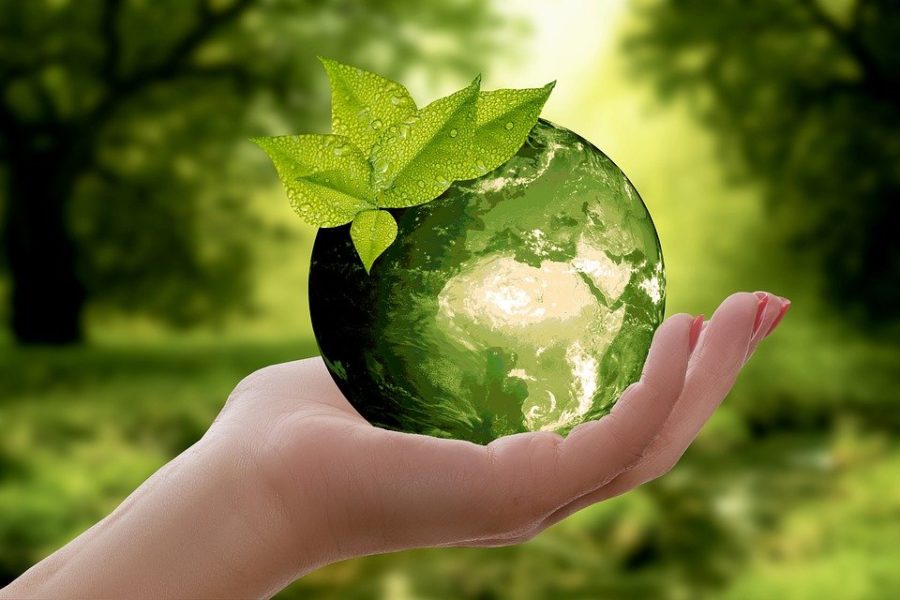Accountability and Sustainability
I think it is safe to assume that everyone has read, seen or heard about one celebrity or another who watches their food intake to achieve the ideal influencer standard of being climate friendly. At the very least you must have opened your preferred media of choice and seen some kind of paper towel or plastic packaging replacement. Because of this, the media today holds a very important role in the fight for global sustainability and currently is holding us back. It is this type of zero-waste advertisement which throws blame on those with little power and keeps the world from holding those truly accountable for the major pollution happening today.
The push of veganism on social media, while inherently a good and seemingly simple solution to target the food industry, which according to Our World in Data is responsible for over a quarter of the global greenhouse gas emissions. Of those emissions, 16% are created by livestock (not including any emissions created from the processing), transport, packaging or retail of the products. This ultimately supports the idea of limiting meat and other animal product consumption, in order to put pressure on the food industry. However there is a big setback to this mentality: the number of people required to create an impactful change in the production process of these companies. I am in no way trying to criticize those choosing to become vegan, but the continuous push of it online diverts attention from those able to create a much more impactful change.
In a sense, it is a privilege for vegans online to assume that anyone has the option to change their diet at any whim. There are monetary, cultural and health related reasons as to why the average person may not be able to make this change. I have yet to see a meat replacement option to cost less than the original meat product itself. These also often do not contain the healthy protein or iron amount suggested for the average person. Similarly, having allergies or other dietary restrictions might hinder someone from becoming vegan.
If the individual person cannot make the change, we should focus on the industries that can. As can be seen on Our World in Data, the protein production, with the highest impact on the environment, has a carbon footprint greater than 11kg. Even when looking at only 25% of the total protein production, it still produces 70% of the total CO2 emissions. If the majority of the industry can emit less, there could be an evident change in order. For example, by combining the beef and dairy sector, changes in the method in which the animals are kept and the amount of emissions would be seen. Specifically, this would produce 60% lower emissions because of the shared footprint as stated in Our World in Data. While this is not necessarily an option everywhere, due to the geographical positions of certain factories, those who have the option should be held accountable. The transition of accountability to large scale production companies and government institutions that allow these to continue running should be happening on social media. Yet the influencing power of celebrities is used to target those who might not be able to support the movement in the traditional way.
This is where the problem arises again, as a large number of people are required to make this transition a reality. As individuals, how much influence do we have? We can control our own consumption habits, and also support the ideas that put pressure on the institutions to make a change in their sustainability. We can make a difference, albeit only once we can agree on who to blame.







Walter E. Berkeley • Nov 21, 2021 at
I agree